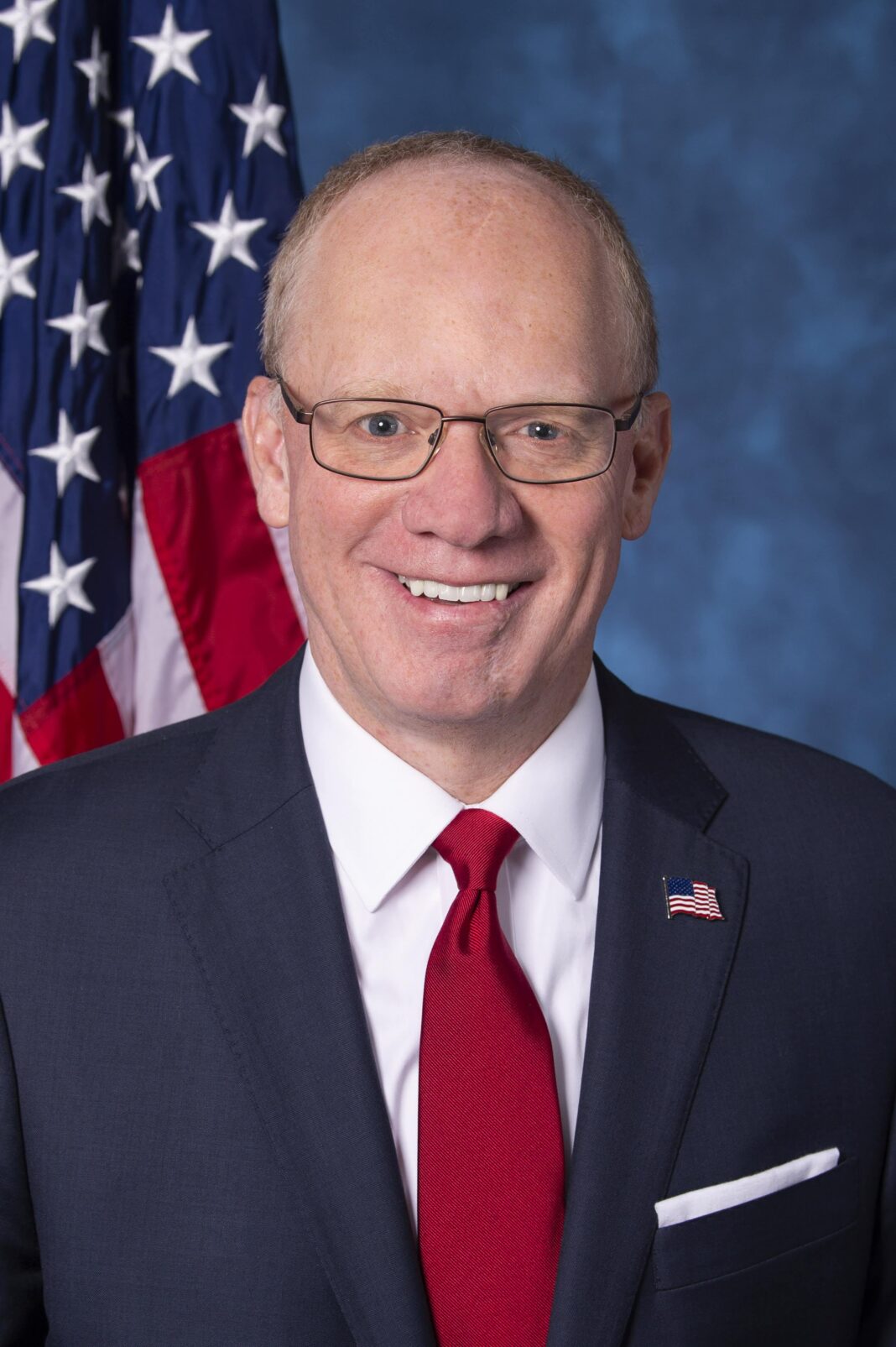There are credible allegations of the company’s use of underpaid and forced labor
Upper Cumberland and Washington D.C. – U.S. Representatives John Rose (R-TN) and Jennifer Wexton (D-VA) led 22 Members of the House of Representatives in a bipartisan letter requesting the Securities and Exchange Commission (SEC) to require the Chinese company Shein, the world’s largest fast-fashion company, to certify that their products do not utilize Uyghur forced labor. It has been reported that Shein is preparing for a U.S. Initial Public Offering (IPO) by the end of this calendar year.
“We strongly believe that the ability to issue and trade securities on our domestic exchanges is a privilege and that foreign companies wishing to do so must uphold a demonstrated commitment to human rights across the globe,” wrote the Members.
There are credible allegations of the company’s use of underpaid and forced labor in the Xinjiang Uyghur Autonomous Region (XUAR), and these Members are demanding transparency and seeking independent verification – free from state influence – that the company does not use Uyghur forced labor before it is allowed to register on U.S. exchanges.
“We strongly support this bipartisan effort to force U.S. stock exchanges to protect human rights and it’s past time for them to stop allowing CCP-controlled companies like this to access our markets,” said President & CEO of the American Securities Association.
U.S. Representative John Rose is currently serving his third term representing Tennessee’s 6th Congressional District and resides in Cookeville with his wife, Chelsea and their two sons, Guy and Sam. The 6th District includes Cannon, Clay, Cumberland, DeKalb, Fentress, Jackson, Macon, Overton, Pickett, Putnam, Smith, Sumner, Trousdale, Van Buren and White counties as well as portions of Davidson, Scott, Warren and Wilson counties. Representative Rose is an eighth-generation farmer, small-business owner and attorney, and currently serves on the House Financial Services Committee and House Agriculture Committee.
In addition to Reps. Rose and Wexton, the letter is signed by Reps. Gregory Meeks (D-NY), French Hill (R-AR), James McGovern (D-MA), Chris Smith (R-NJ), Earl Blumenauer (D-OR), Linda Sánchez (D-CA), Blaine Luetkemeyer (R-MO), Eric A. “Rick” Crawford (R-AR), John Moolenaar (R-MI), Alex X. Mooney (R-WV), Seth Moulton (D-MA), Neal P. Dunn, M.D. (R-FL), Ralph Norman (R-SC), Haley Stevens (D-MI), Jake Auchincloss (D-MA), Scott Fitzgerald (R-WI), C. Scott Franklin (R-FL), Carlos A. Giménez (R-FL), August Pfluger (R-TX), Michael V. Lawler (R-NY), Zach Nunn (R-IA), and Jill Tokuda (D-HI).
The full text of the letter can be found here and below:
Dear Chair Gensler:
We write with serious concerns and seek your engagement regarding a potential upcoming Initial Public Offering (IPO) by SHEIN, the China-backed fast-fashion retailer.
Established in Nanjing, China, in 2008 and now headquartered in Singapore, SHEIN has grown rapidly to become the world’s largest fashion retailer with an estimated value of $64 billion. The company principally profits from selling inexpensive clothing and other products targeted to young consumers through its mobile application or app. SHEIN’s mobile app is currently the fourth most downloaded app in the United States.1 The company is also one of TikTok’s largest advertisers and pays thousands of social media “influencers” to market its wares to consumers via short and addictive videos on TikTok.
SHEIN’s growth is attributed to a business model that harvests vast amounts of consumer data using complex algorithms and manipulates an enormous supply chain across China to manufacture goods rapidly to meet consumer demand. SHEIN has come under heavy criticism for utilizing underpaid labor in its supplier factories and violating human rights. A Bloomberg analysis has found scientific evidence that cotton from the Xinjiang Uyghur Autonomous Region (XUAR) was present in clothing sold by SHEIN in 2022. While SHEIN claims its products do not utilize Uyghur forced labor and it works with third parties to audit its facilities, experts counter these types of audits are easily manipulated or falsified by state-sponsored pressure. Other experts argue that it is appropriate to presuppose that any product made in the XUAR is made with forced labor.
SHEIN is aggressively raising capital and plans to execute an IPO before the end of this calendar year. Given the company’s business model and credible allegations of utilizing underpaid and forced labor, which would be in violation of the Uyghur Forced Labor Prevention Act (P.L. 117-78), we request that you exercise your authority under the Section 13 of the Securities Exchange Act of 1934 (15 U.S.C. 78I) and require SHEIN to certify with independent verification free from state influence that the company does not in any way violate the Uyghur Forced Labor Prevention Act as a condition of being registered to issue securities in the United States. We further request that you notify the national securities exchanges registered under Section 6 of the Securities Exchange Act of this requirement.
We strongly believe that the ability to issue and trade securities on our domestic exchanges is a privilege, and that foreign companies wishing to do so must uphold a demonstrated commitment to human rights across the globe.
UCBJ file photo.









